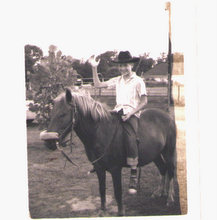
This week I had an earworm that I couldn’t get rid of. Hence the topic for today’s blog. I find myself singing the theme song of the Patti Duke Show on the way to work, at work, on the elevator, in the bathroom, walking to the pizza joint on Warren Street. “While Cathy adores the minuet, the Parlez vous and Crepe Suzette, our Patti like to see the sights a girl can see from Brooklyn Heights. What a wild duet…still they’re cousins, identical cousins all the way. They laugh alike they talk alike at times they even talk alike. You can lose your mind" ….
Uncle Bill once said that television is written for ten year olds. (This from someone who thought Pepino the Italian Mouse was the height of couture). And being ten at the time, I agreed with him.
Truthfully, I enjoyed junk like the Patti Duke Show. I could understand the plot. I could relate to the little brother. Although when the question came up in biology class, we were assured that the presence of identical cousins was a scientific impossibility.
Those ABC situation comedies. There was I’m Dickens, He’s Fenster, Guestward Ho, Bewitched, Gidget and most importantly the Patti Duke Show. But television, even shows written about teenagers like Gidget, were sort of boring at the time. At least compared to the excitement of AM radio.
Editor's note: Steve Post, the legendary announcer on WBAI, is doing a weekly radio show this month on WNYC. Click here to access the podcast.


